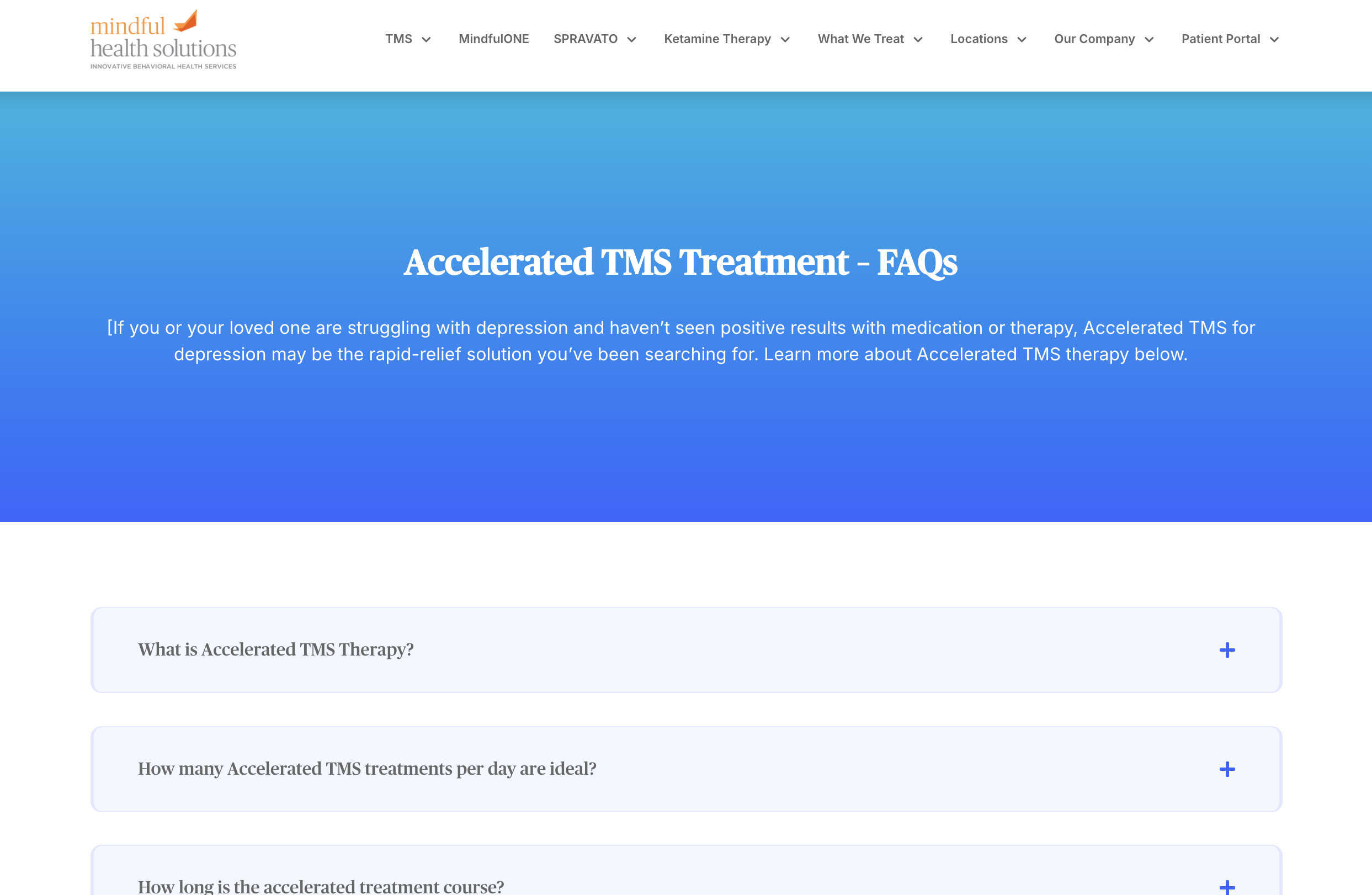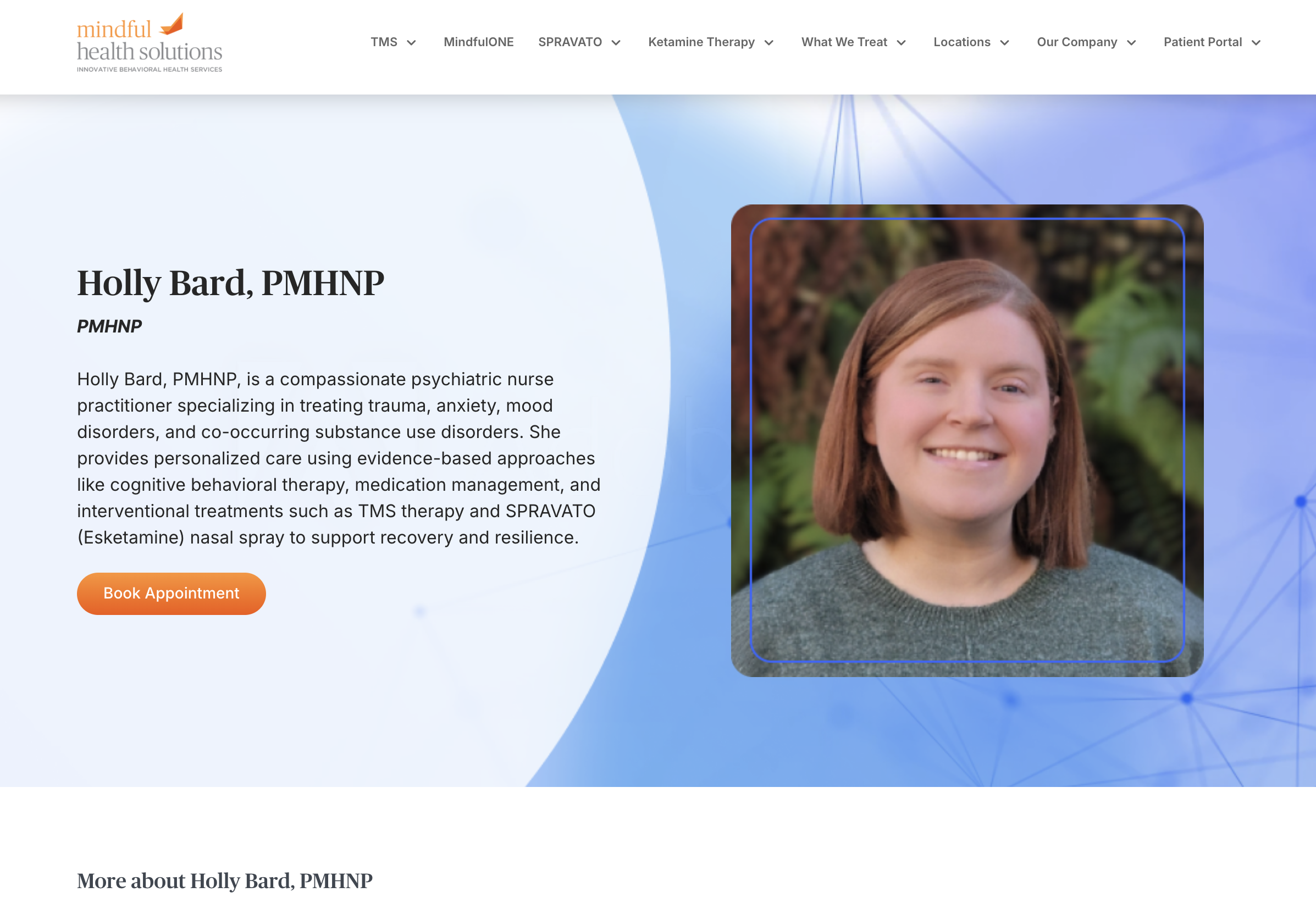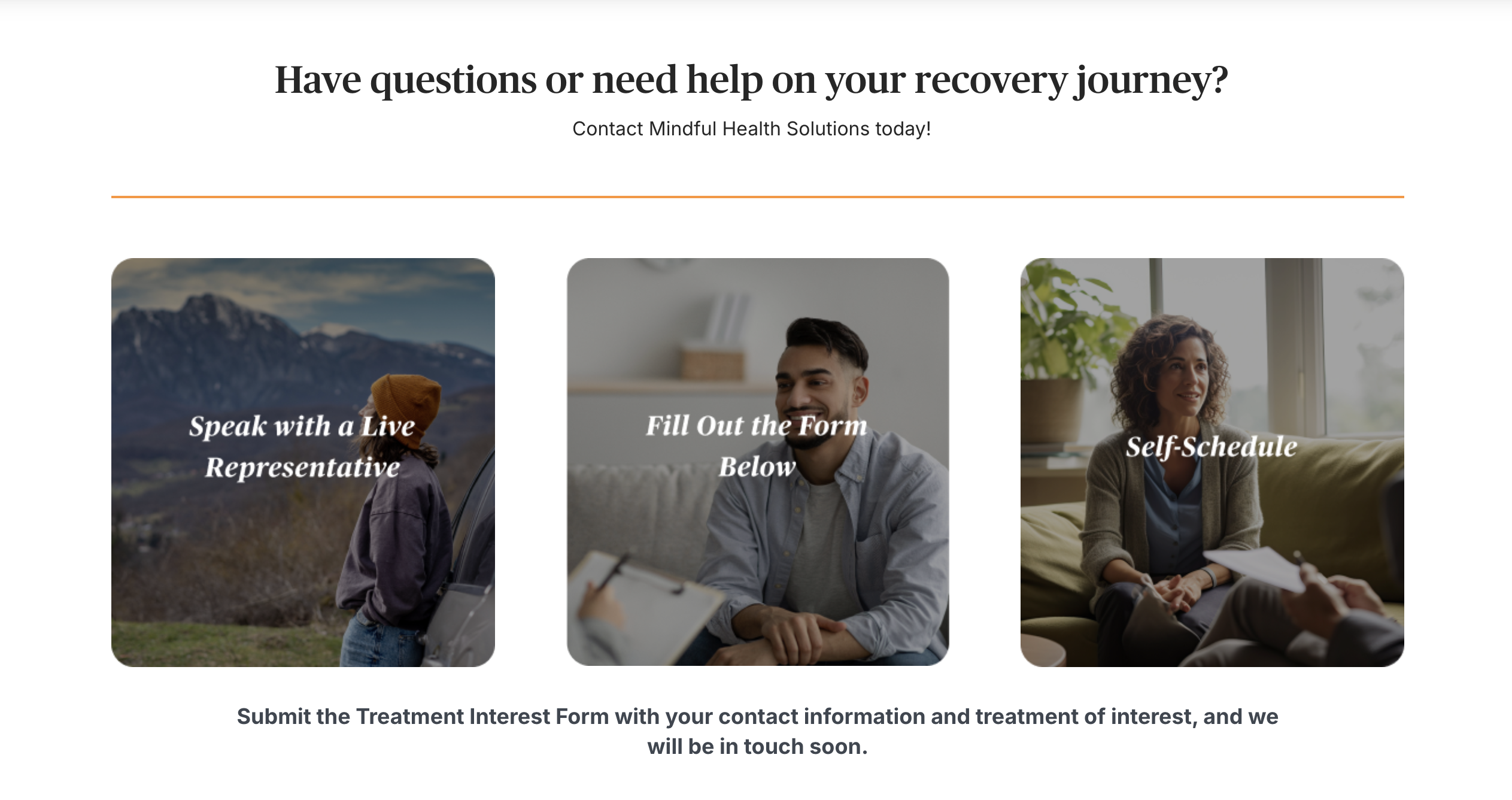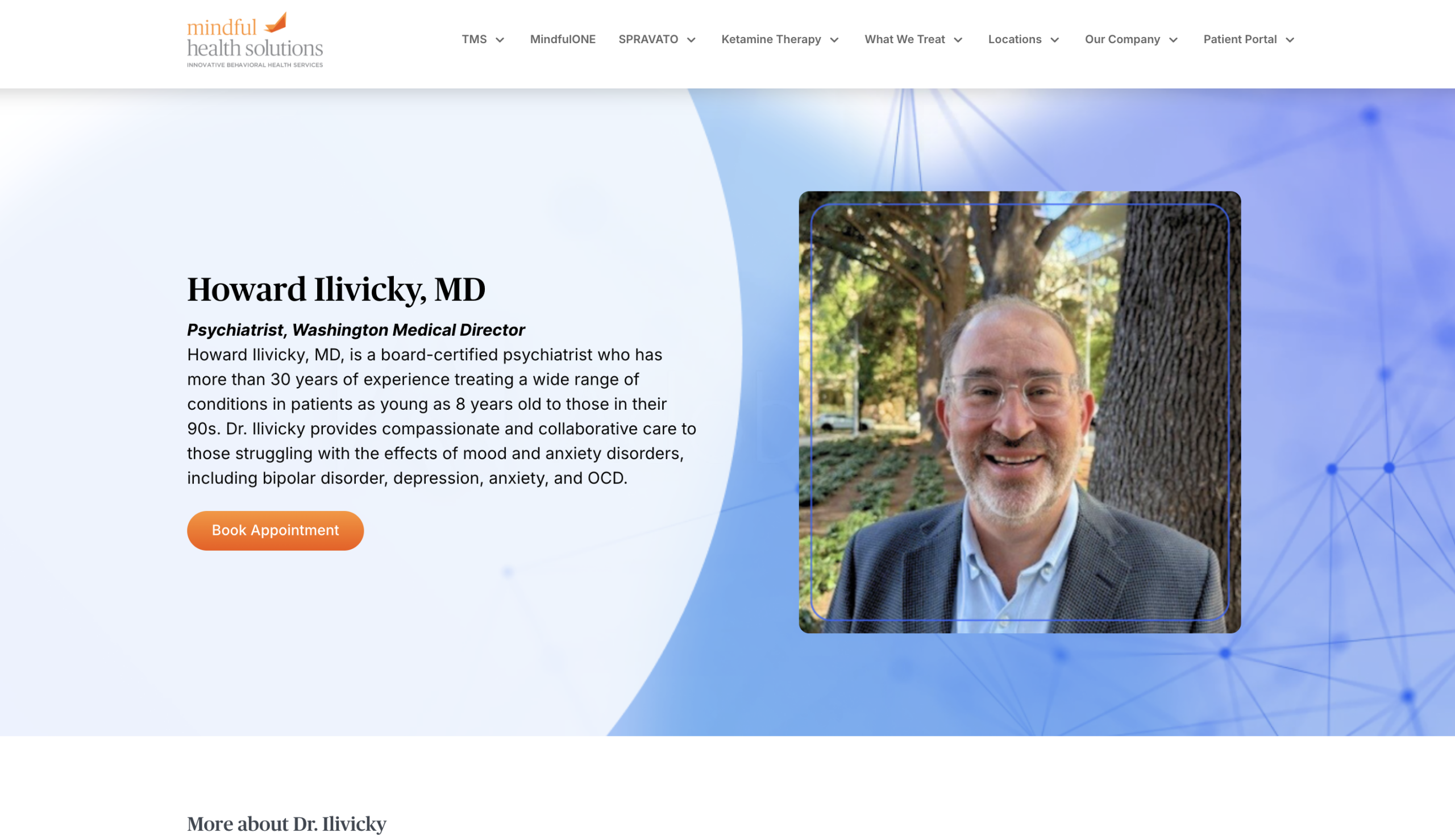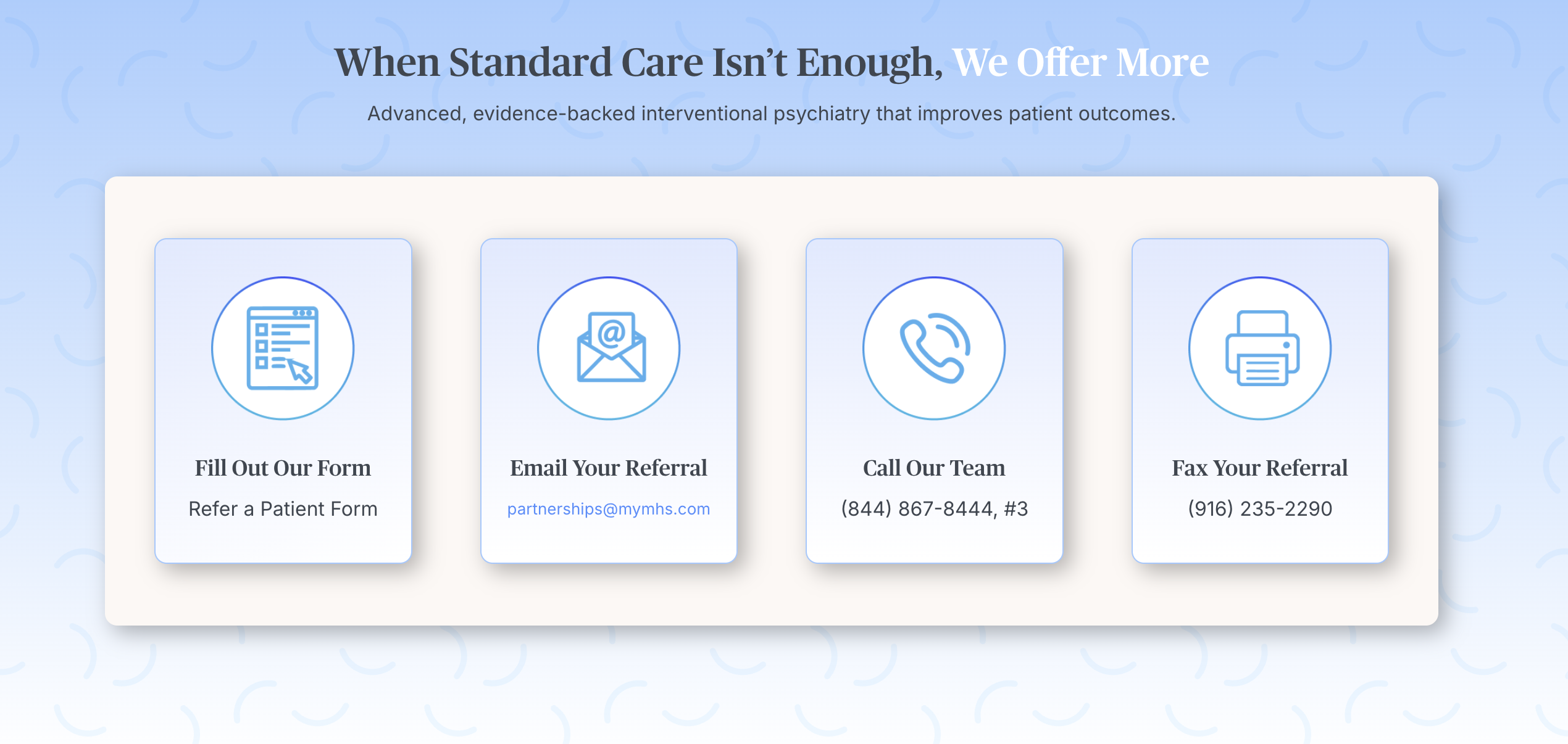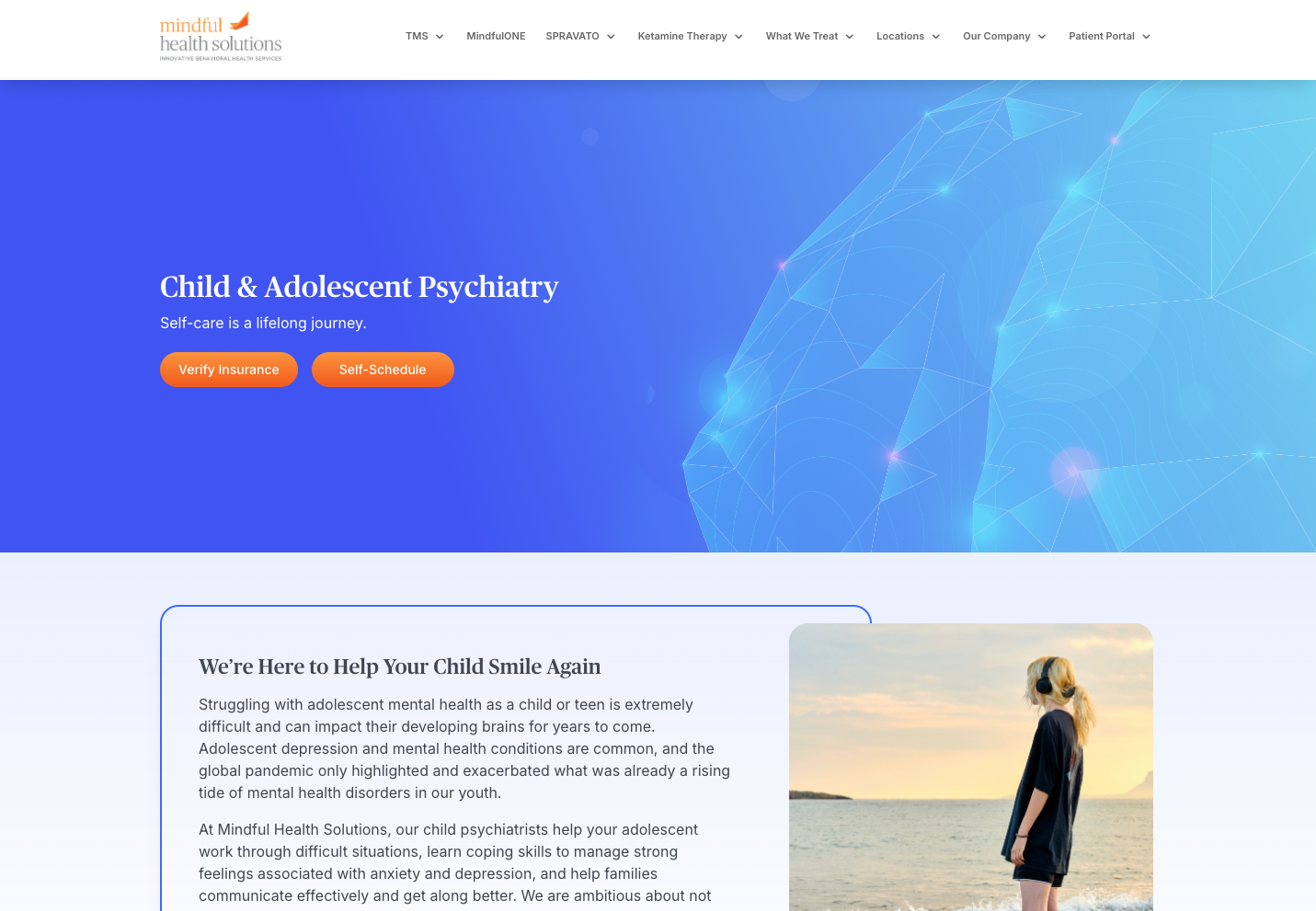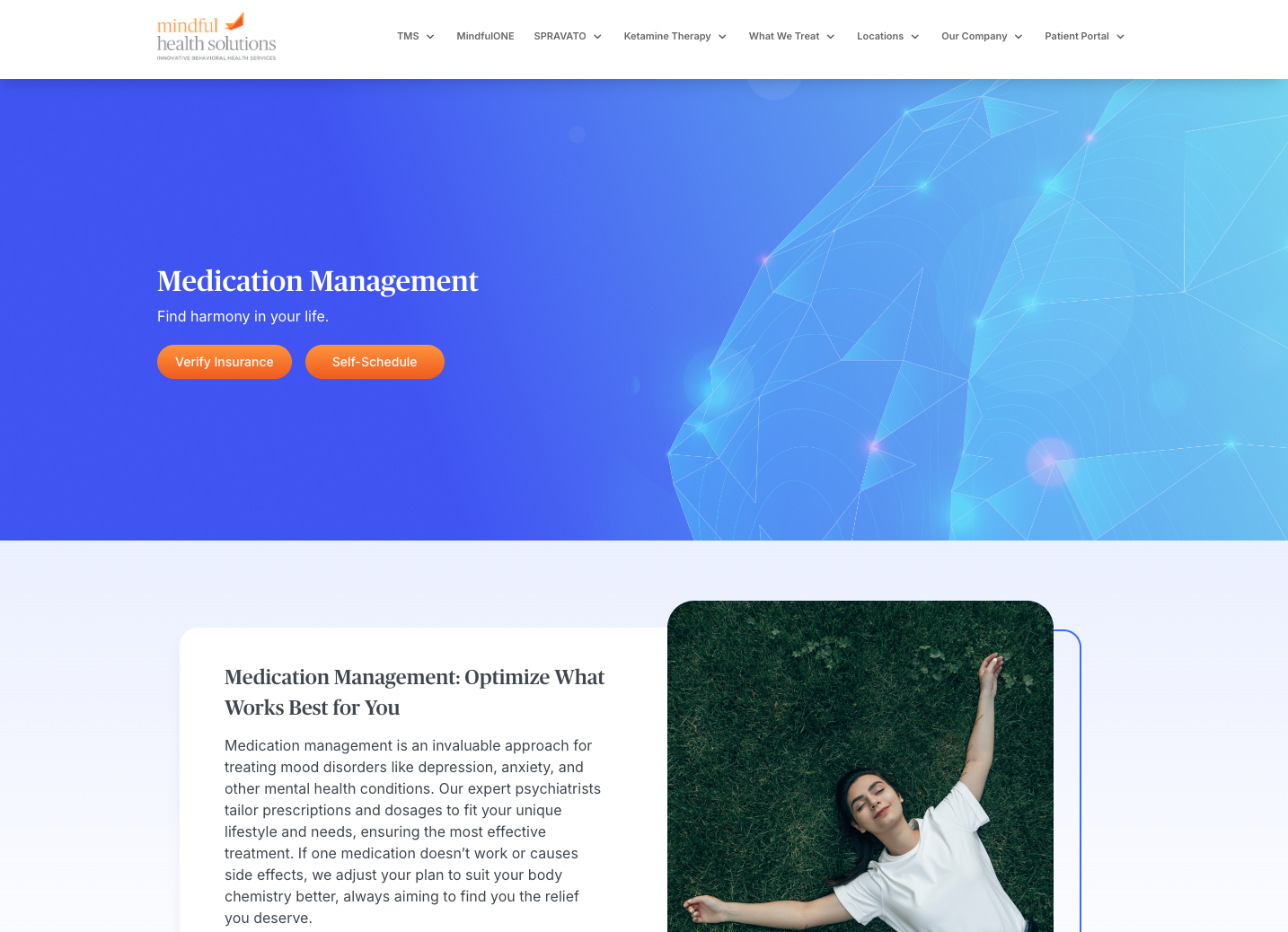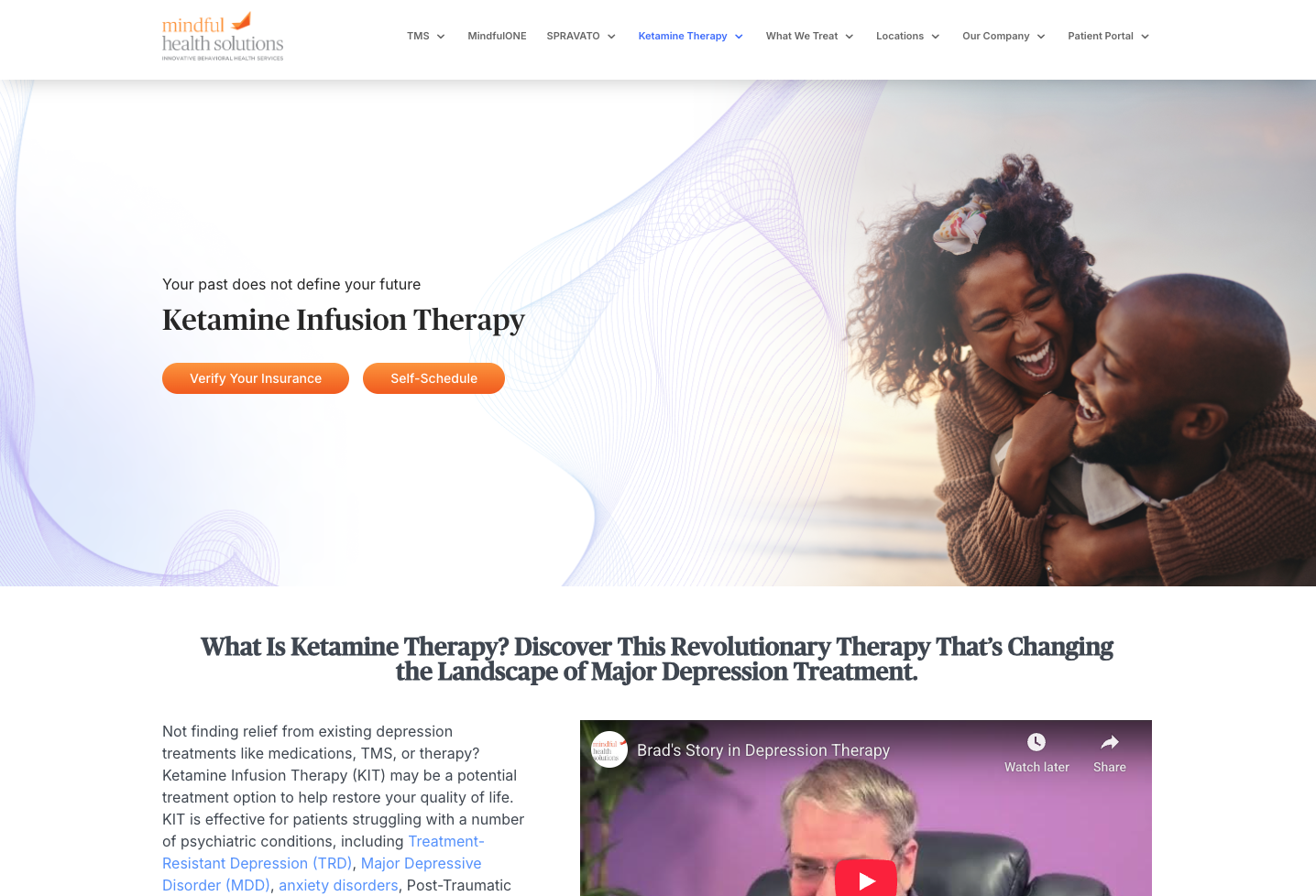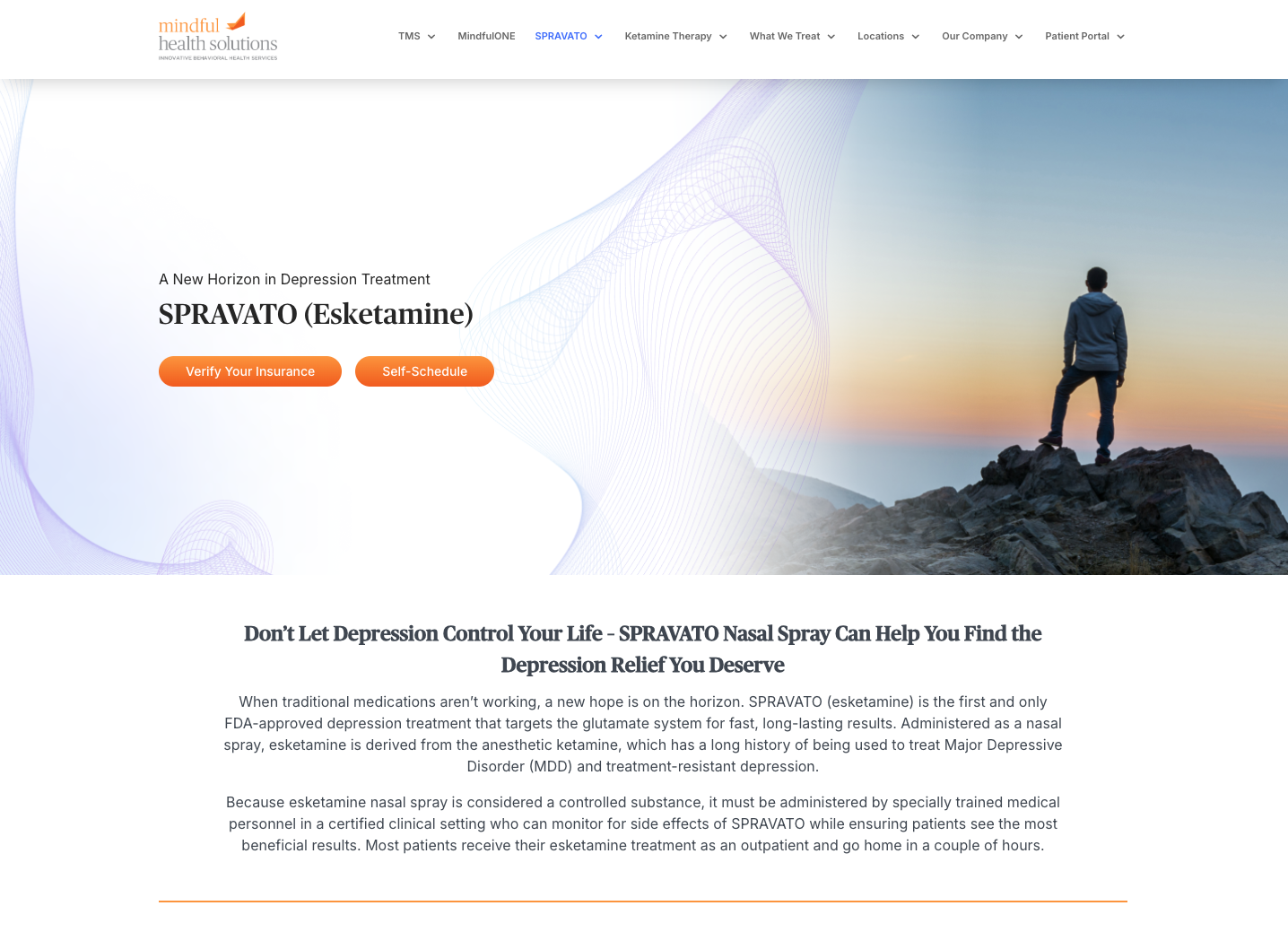Nicholas Reeves, MD
Dr. Nicholas Reeves is a California psychiatrist with expertise in treating mood disorders like clinical depression and bipolar disorder, treatment-resistant depression, anxiety disorders (generalized anxiety, social anxiety, OCD, and panic disorder), psychotic disorders such as schizophrenia, and substance use disorders/addictions.

More about Nicholas Reeves
Dr. Nicholas Reeves is a psychiatrist in Oakland and San Francisco with expertise in treating mood disorders like depression and bipolar disorder, treatment-resistant depression, anxiety disorders (generalized anxiety, social anxiety, OCD, and panic disorder), psychotic disorders such as schizophrenia, and substance use disorders/addictions. His goal is to help patients not only achieve remission but also minimize their suffering and maximize their peace so they thrive and flourish.
Dr. Reeves became passionate about cognitive neuroscience in high school and fueled that passion through his continued education and independent learning. During his college experience, he dove into learning about innovative treatment modalities, such as Transcranial Magnetic Stimulation and psychedelics. With a desire to work with such treatments and help minimize human suffering to the greatest extent possible, he decided to attend medical school to become a psychiatrist.
Dr. Reeves works collaboratively with his patients while being compassionate about their suffering and experiencing sympathetic joy for their successes. He is determined to help his patients feel like their best selves, and if medication isn’t working for them, he is thrilled to have the ability to offer evidence-based treatment alternatives such as TMS therapy, SPRAVATO (esketamine), or ketamine infusion therapy. Ultimately, his treatment approach is guided by patient preferences and health factors to ensure the best result possible.
Personal Interests
Outside of work, Dr. Reeves enjoys spending time in nature while hiking, swimming, camping, biking, backpacking, and kayaking, both in the Bay Area as well as around the world while traveling on vacations with his family. He is also very passionate about music and artistic films.
He has a daily meditation practice that incorporates mindfulness and vipassana in addition to loving, kindness, and metta practices. He reads books on Buddhist psychology because he has found that meditation and dharma studies have significantly improved his quality of life. He also finds that this mindset has improved his ability to respond to life’s inescapable stressors with great equanimity and compassion.
Education & Experience
Certifications & Memberships
- As Seen on Psychology Today
- California Medical License
- Psychiatry and Addiction Psychiatry Board Certification from the National Board of Physicians and Surgeons (NBPAS)
- Member, American Psychiatric Association, 2007 to present



